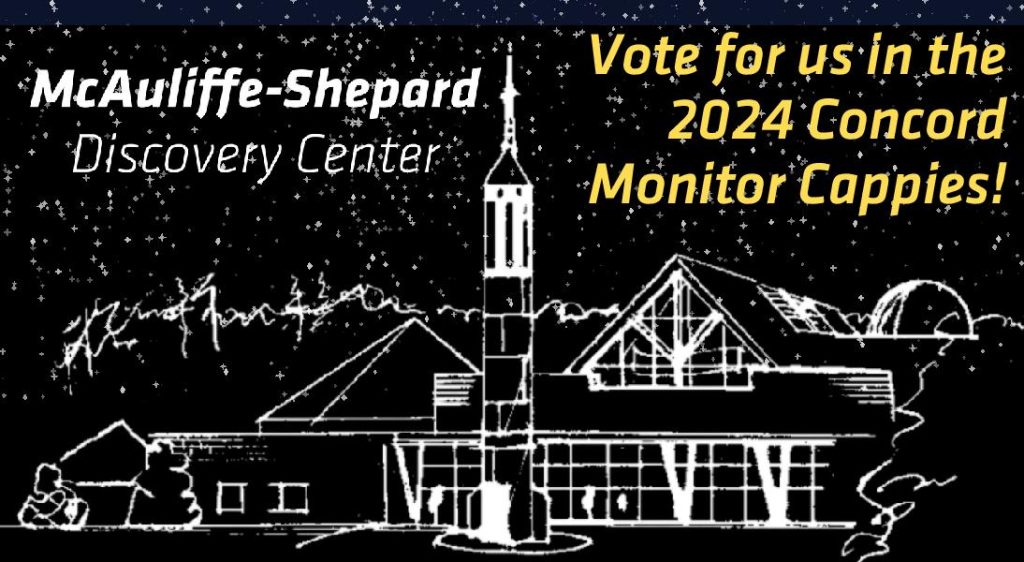March 3, 1993: The new $36.5 million federal courthouse in Concord makes the list of “pork projects” named by a citizens’ group that is a member of a coalition headed by Sen. Bob Smith. “Sen. Smith doesn’t necessarily agree with all the projects on the list,” says Smith’s spokeswoman.
March 3, 1863: To the ringing of bells, the firing of cannon and the music of bands, the Second New Hampshire Volunteer Infantry Regiment is feted in Concord on its return from the front. The regiment has been fighting with the Army of the Potomac since the first Battle of Bull Run in July 1861.
March 3, 1945: G-men with machine guns swarm Main Street after word reaches Concord that two prison escapees from Iowa are holed up downtown. At midday an inspector and three FBI agents arrest 31-year-old killer Edgar Cook at the point of machine guns at the Phenix Hotel. Cook is described as “a tough-looking character with plenty of cash.” Later, a Concord police officer has a hunch that Cook’s partner may have gone to the Capitol Theater to see a matinee of the current feature, The Suspect. The hunch proves correct, and George Stubblefield, a/k/a William Giles, is captured outside a barbershop shortly after leaving the theater.
March 3, 1915: The Legislature takes a poll on Prohibition. Of Concord’s 18 state representatives, only one votes in favor. After all, that year there are 33 places in Concord where liquor can be legally sold: 13 saloons, five hotels, six “bottled goods places,” eight drug stores and one club.
March 4, 2002: In Concord a construction company begins making emergency structural repairs to the Sears block, giving some peace of mind to people who worry the decrepit building could collapse at any time.
March 4, 2001: Bishop Brady upsets previously undefeated Merrimack Valley, 45-44, in the quarterfinals of the Class I boys’ basketball tournament. Brady will advance to the finals but lose to Plymouth on a last-second basket.
March 4, 2000: Four Concord High hockey players have been suspended on the eve of the state tournament, the Monitor reports. The students are deemed to have violated school policy by attending a party where alcohol was served. School officials learned of the incident from the police – part of a new notification policy the department has put in place.
March 4, 1777: Concord’s town meeting votes to “break off all dealings” with attorney Peter Green, Dr. Phillip Carrigain and merchants John Stevens and Nathaniel Green. Although the four are among 156 area men who have signed the Association Test, an oath of loyalty to the Patriot cause, they are suspected of being Tories.
March 5, 1975: Attorney General Warren Rudman tells lawmakers that “a boom in crime is the one sure bet casinos will allow us” if New Hampshire legalizes casino gambling.
March 6, 2001: A true blizzard sends New Hampshire residents to check the record books. The official tally in Concord is 18.1 inches. That’s a lot for one storm, but it’s considerably short of the 28 inches that fell in December 1969. Other parts of the state (Nottingham is tops with 40 inches) get hit harder.
March 6, 2000: Officials investigating the death of the 73-year-old Concord man known as “Cigar Bob” issue a warrant for the arrest of his former roommate. Dwayne Thompson, 46, who has not been seen since Robert Provencher’s body was found, is charged with second-degree murder.
March 7, 1780: Concord town meeting voters elect a prosecutor to find out who “pulled down the house of Andrew Stone, and see what provision they will make for the support of his wife.” Stone was a soldier from Concord in the Continental Army. Apparently in his absence, a town history reports, “one of Stone’s daughters did not behave so well as the neighbors thought a faire and chaste maiden should do and they undertook to correct her manners by pulling the house down. Whether the girl behaved any better afterwards, tradition saith not.”
March 7, 1798: Crowds converge on Concord, which has grown to 2,000 inhabitants, to celebrate the ordination of the Rev. Asa McFarland, third minister of the village’s Congregational Church. The church is state-sanctioned and tax-supported. Accepting the call, the 28-year-old McFarland tells townspeople he has prayed that God will make him “an instrument to promote your spiritual happiness.” A grand ball at Stickney’s Tavern, on Main Street just up from the ferry crossing, celebrates the event.
March 7, 1825: A team of horses crossing the frozen Merrimack in Concord falls through the ice.
March 8, 2001: Carolyn Bradley, principal of Concord’s Rundlett Middle School, announces she will resign at the end of the school year. Bradley has earned praise for her work in Concord and elsewhere in the state, but some will most remember her collection of eyeglasses: 13 pairs, a shade to match every suit.
March 8, 1987: Ray Barham’s first column appears in the Concord Monitor. Barham is serving life without parole at New Hampshire State Prison for a 1981 murder.
March 9, 1943: A winter for the ages continues as the temperature in Concord falls to 16 below zero. Just three weeks earlier, the city suffered through its coldest day ever recorded, when the mercury fell to 37 below.
March 9, 1812: Town meeting voters in Concord declare “that no swine be allowed to run at large on the road from Concord bridge to Boscawen bridge under a penalty to the owner of 25 cents for each offense.”
March 9, 1964: Dr. Robert O. Blood, former New Hampshire governor and chairman of an uncommitted slate of GOP delegates on the next day’s presidential primary ballot, says he has contacted Richard Nixon to “ascertain the position” of the former vice president. Nixon tells him: “Although I have taken no part in the New Hampshire primary, I believe that all Americans will be watching the results there.” Nixon will receive 15,500 write-in votes.



















